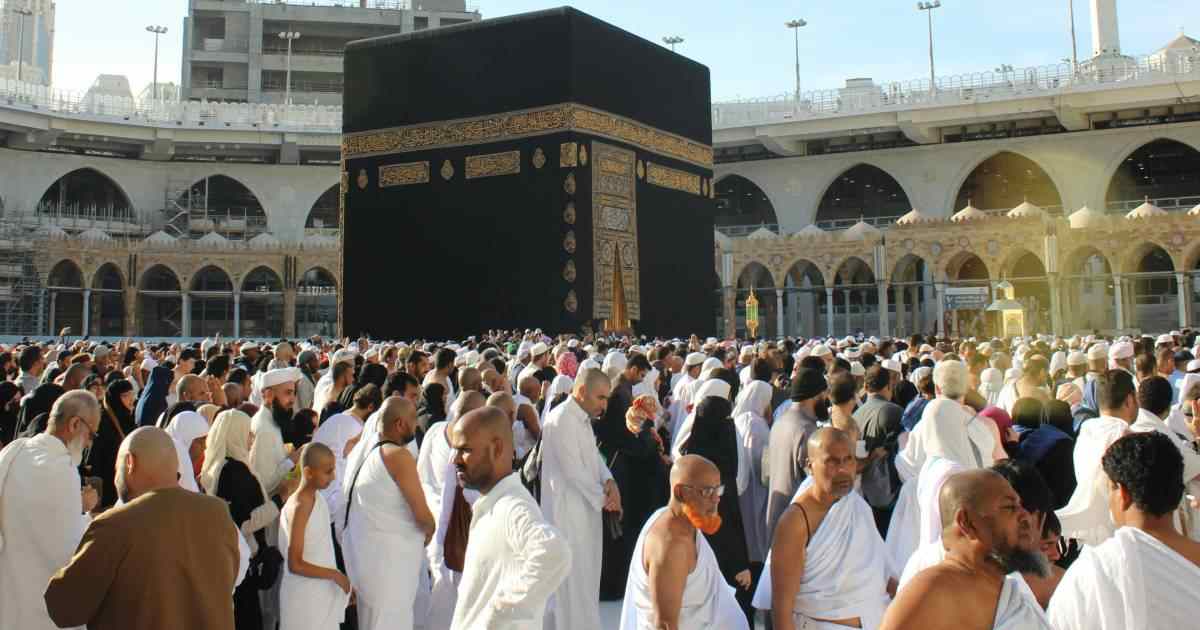As the Hajj season draws near, Saudi Arabia has temporarily banned visas from 14 countries, including India, Pakistan, and Bangladesh. The ban is designed to prevent overpopulation and maintain safety for the annual Islamic pilgrimage, bringing millions to Mecca and Medina’s holy grounds.
What the Ban Covers
The suspension will extend to multiple visa types, such as Umrah, business, and family visit visas. According to reports, the ban will remain effective through mid-June 2025—around the end of this year’s Hajj season. However, Hajj-specific visas, diplomatic visas, or residence permits will not be affected.

The countries included under the full scope of affected countries include India, Pakistan, Bangladesh, Indonesia, Egypt, Iraq, Ethiopia, Algeria, Morocco, Jordan, Nigeria, Sudan, Tunisia, and Yemen.
Why the Restrictions?
The decision follows increasing concern about illegal pilgrims coming to the country on non-Hajj visas and overstaying their visas to join the pilgrimage. Such practices circumvent Saudi Arabia’s formal Hajj quota system, whereby a set number of pilgrims are allocated per country.
Authorities pointed out that most unregistered pilgrims have no access to suitable accommodation, transportation, or medical facilities. They add to congestion and logistical pressure—elements also partly held responsible for the devastating loss of more than 1,200 lives amidst the sweltering heat of the 2024 Hajj.
A Step Toward Safer Pilgrimage
Saudi officials emphasise that this action is not politically motivated. Instead, it’s a logistical move intended to improve safety, especially given past tragedies attributed to uncontrolled pilgrim traffic. The Ministry of Hajj and Umrah has emphasised that those who try to conduct Hajj without approval or overstay their visa might be subject to a five-year ban on entry.
Read More: “You’re a War Profiteer” Pro-Palestinian Protester Disrupts Microsoft’s 50th Anniversary Celebration

The nation had previously reduced visa availability earlier this year by suspending indefinitely one-year multiple-entry visas and restricting arrivals from the concerned countries to 30-day single-entry visas.
What it Means for India and Others
India’s inclusion is linked to reported instances of visa abuse by those trying to perform the Hajj outside of official means. For the time being, only pilgrims coming through approved tour operators and under the official Hajj quota will be permitted entry.
The restriction is temporary, but it highlights the need to follow official pilgrimage procedures—a reminder that safety and order take precedence at the world’s largest annual religious event.
Stay tuned to Brandsynario for latest news and updates










































